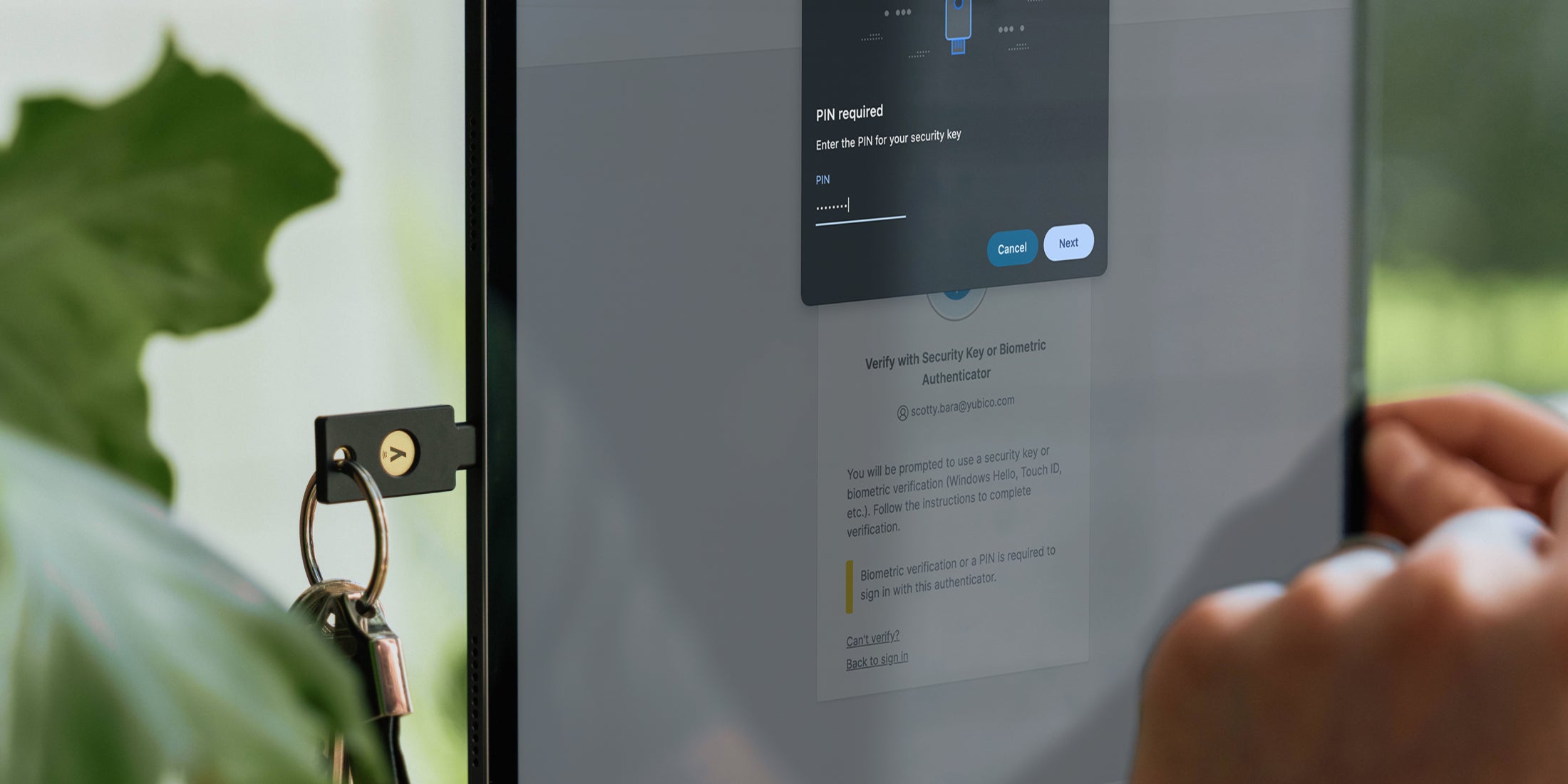The world of cybersecurity continues changing rapidly. This has been catalyzed by the sudden shift to remote work, the increasing threat of cybercrime and the complexity of attacks. Understanding the new technological landscape, and what comes next, can be challenging. Hearing from experts who spend their daily lives not only thinking about and facing these issues, but having to deal with them to secure businesses and employees as well, might be helpful when trying to better understand the cybersecurity landscape.
Fredrik Krantz, Senior Vice President, EMEA and APAC at Yubico, is a cybersecurity industry veteran across both Europe and Asia. He recently sat down for a conversation on CyberTalks, the Nordic region’s largest cyber podcast. The show is hosted by Rolf Rosenvinge, Founder & CEO of Paliscope, a Swedish cybersecurity advisory, analytics and SaaS company.
Their discussion covered the past, present and future of authentication security, and where Yubico’s vision of “making the internet safer for everyone” fits in, as we move from the world of passwords to a passwordless, FIDO2-led future. Fredrik explained why phishing-resistant authentication has become essential not only for small groups of privileged users within companies, but for everyone in society: from governments protecting critical infrastructure to ordinary individuals ensuring their digital identities don’t fall into the wrong hands.
Rolf offered great insights himself, highlighting that real security relies on usability, which is especially true when it comes to multi-factor authentication (MFA). He also suggested that YubiKeys could be the perfect Christmas gift for kids, to help set the next generation of internet citizens on the right path.
You can listen to the full discussion in the podcast here. Additionally, we’ve put together a video of our highlights, including:
- How the role of CISO is expanding
- The dangers of using only a username and password
- Why the fate of democracy relies on secure authentication for journalists and dissidents
Watch the full video below:





